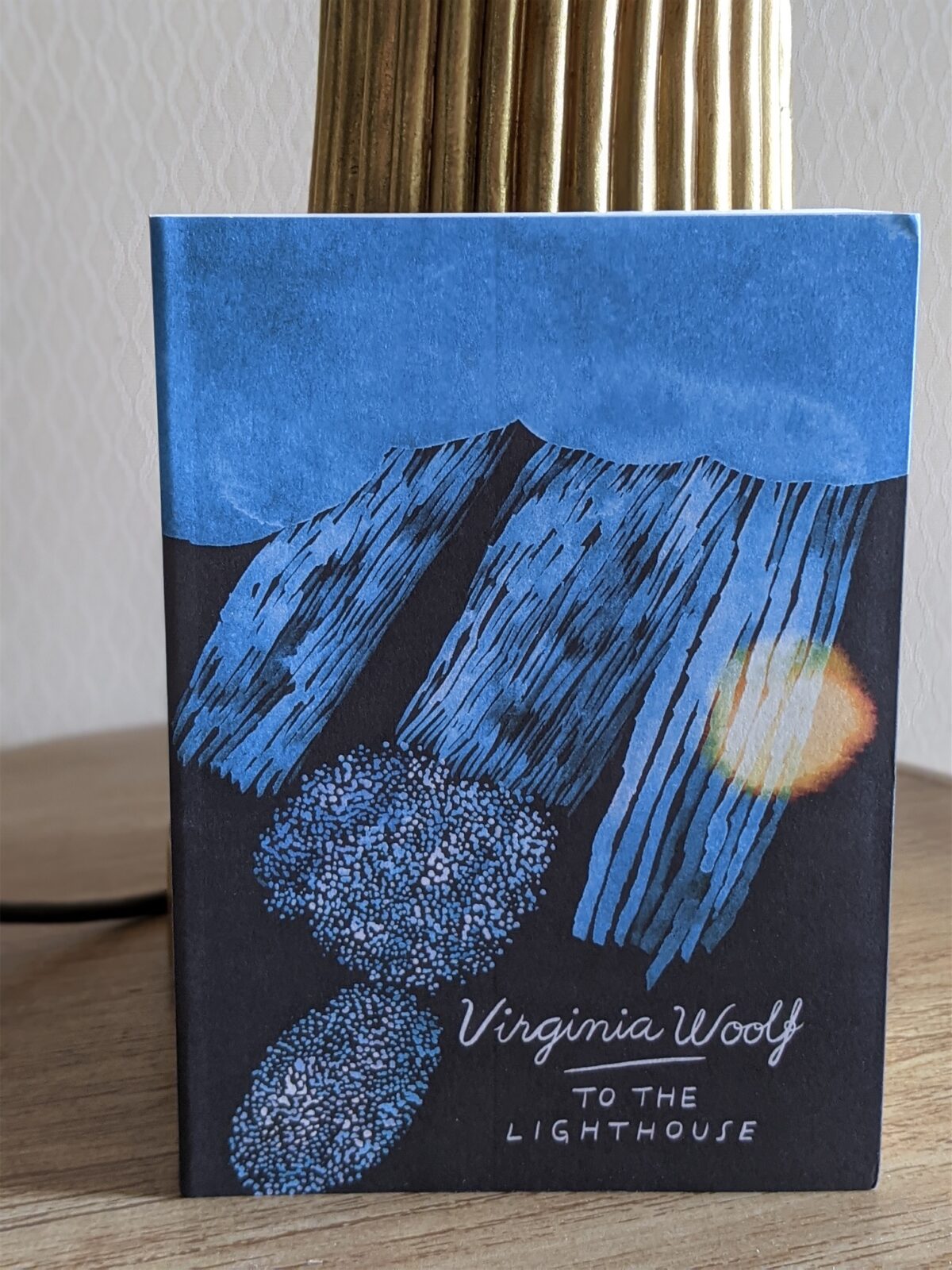This is the first in what I hope to be a series of posts regarding my thoughts on works categorized in the modernism and post-modernism genres.
My fascination with The Bloomsbury Group goes way back over a decade when I had chosen to write a paper on E.M Forster’s Howard’s End during high school. Naturally I had to do a lot of reading into his life and I found out he was part of the intellectual community The Bloomsbury Group that produced some of the early 20th century’s greatest thinkers and artists. It blew my mind that a book I had rather randomly chosen in the book store was written by a famous writer who was in fact in the same “intellectual community” as Virginia Woolf, John Maynard Keynes and many others.
When I decided to begin reading again, I decided I had to broaden my reading to truly appreciate different works of literature. I’ve never really read a proper “modernist” work such as James Joyce’s or Virginia Woolf’s novels and this has always made me feel as if I’m missing out on a large part of great literature without which my understanding and love of literature aren’t complete.
Alongside Mrs. Dalloway and The Waves, To The Lighthouse is probably one of Virginia Woolf’s most highly-praised novels. The novel centers around the Ramsays’ summer home in the Isle of Skye and the various friends and acquaintances staying with them. Central to the story is the lighthouse that is just visible from the home but always seems to be out of reach – hence the title of the book.
Woolf’s prose is elegant and full of meaning without being at all preachy or in your face. I personally really enjoyed the second half of the book a lot more than the first. To me the novel is basically about life and the lighthouse signifies those abstract things you really want in life. The novels spends a lot of time emphasizing how much the Ramsay children wish to visit the lighthouse but each time they have prepared, they are stopped by circumstances or Mr. Ramsay.
I especially loved Woolf’s characterization of Mr. Ramsay, the philosopher who is so unlikeable yet I find him to be one of the most relatable in the novel. My interpretation of him is that his bitterness is mostly due to his frustration at his mediocrity (especially in his chosen field of philosophy), as seen in the following passage:
“It was a splendid mind. For if thought is like the keyboard of a piano, divided into so many notes, or like the alphabet is ranged in twenty-six letters all in order, then his splendid mind had one by one, firmly and accurately, until it had reached, say, the letter Q. He reached Q. Very few people in the whole of England ever reach Q. Here, stopping for one moment by the stone urn which held the geraniums, he saw, but now far, far away, like children picking up shells, divinely innocent and occupied with little trifles at their feet and somehow entirely defenceless against a doom which he perceived, his wife and son, together, in the window. They needed his protection; he gave it them. But after Q? What comes next? After Q there are a number of letters the last of which is scarcely visible to mortal eyes, but glimmers red in the distance. Z is only reached once by one man in a generation. Still, if he could reach R it would be something. Here at least was Q. He dug his heels in at Q. Q he was sure of. Q he could demonstrate. If Q then is Q–R–. Here he knocked his pipe out, with two or three resonant taps on the handle of the urn, and proceeded. “Then R …” He braced himself. He clenched himself.”
Truly, I’ve never seen such beautiful expression of mediocrity and its resulting unhappiness. It’s a feeling that many feel, but I bet 99.9% of us who feel this way would not be able to express it in a way that Virginia Woolf so wonderfully does.
And one of my favorite lines in the book:
“But what after all is one night? A short space, especially when the darkness dims so soon, and so soon a cock crows, or a faint green quickens, like a turning leaf, in the hollow of the wave. Night, however, succeeds to night. The winter holds a pack of them in store and deals them equally, evenly, with indefatigable fingers. They lengthen; they darken.
Stay tuned for more reviews because now that I’ve read one Virginia Woolf book I would love to read more. Woolf is one of those rare writers that has produced an insane number of quality books in her short life. Off the top of my head there are Mrs. Dalloway, A Room of One’s Own, Orlando, To The Lighthouse and The Waves.
I highly recommend this book if you:
- Are looking for a book to brag about: This is it. You don’t get more pretentious intellectual literature lover than by casually reading Virginia Woolf.
- Looking for a read to take on holiday: The story is set in the Ramsays’ holiday home and the short length of the book makes it perfect to travel with.
- Care more about prose than plot: There isn’t much going for it in terms of plot, but the prose is incredible.
Links to some pretty editions:
- Vintage Classics Woolf Series (Like the copy I own)
- Nice Cover Art
- Awesome Cover
